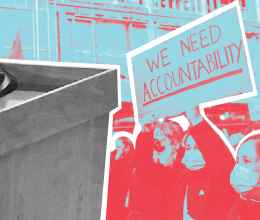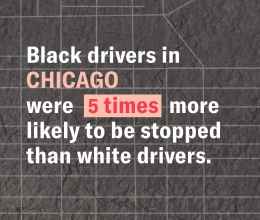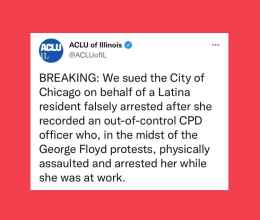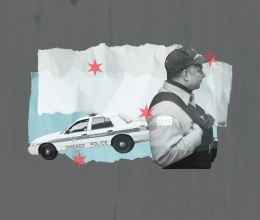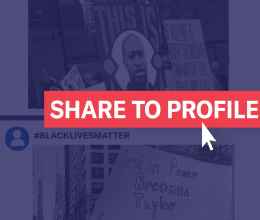
"Should the average citizen be allowed to record conversations with police officers? That question is at the heart of a lawsuit filed against the eavesdropping law in Illinois." Paul Meincke of ABC 7 covered a hearing of our case ACLU v Alvarez in the Seventh Circuit Court of Appeals yesterday:
If you were to walk up to a group of men in Daley Plaza with your iPhone rolling, you can legally take video of them, but if you record their conversation without their permission, that's a class four felony. If you were to attempt to record audio of a police officer in conversation without permission - even if it's on the public way - that's a class one felony, which has a punishment of up to 15 years in prison.
The ACLU argues that the Illinois Eavesdropping Act is antiquated and overly-restrictive, and it wants the ability to record audio of police officers when they're on the public way - most specifically as a means of monitoring how police handle marches and demonstrations.
"You can video the police officer, you can photograph the police officer. They admit that you can listen to the police officer, and even write down what the police officer is saying, but you can't turn on the audio button. It simply doesn't make any sense," said Harvey Grossman, ACLU [sic]
